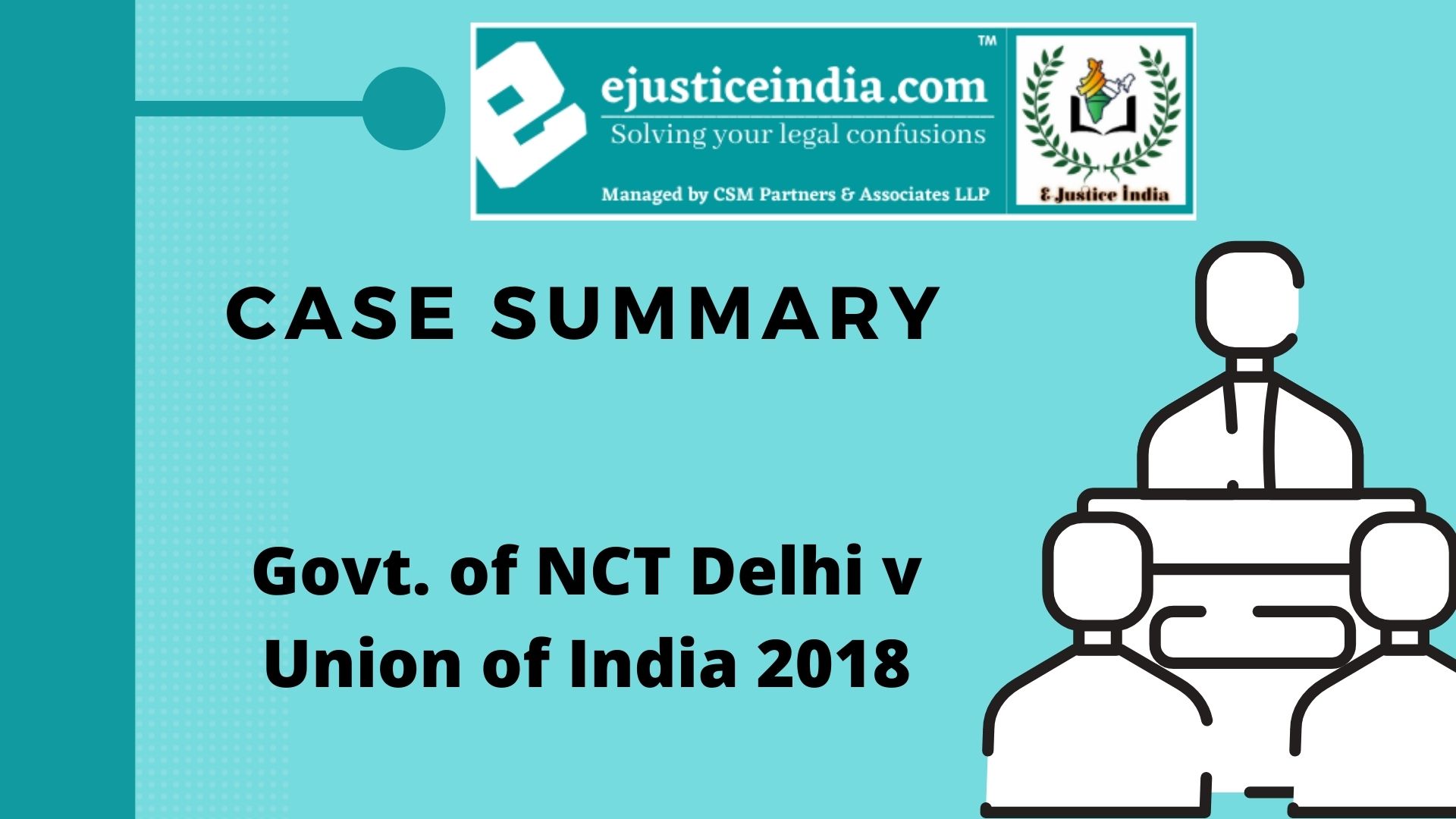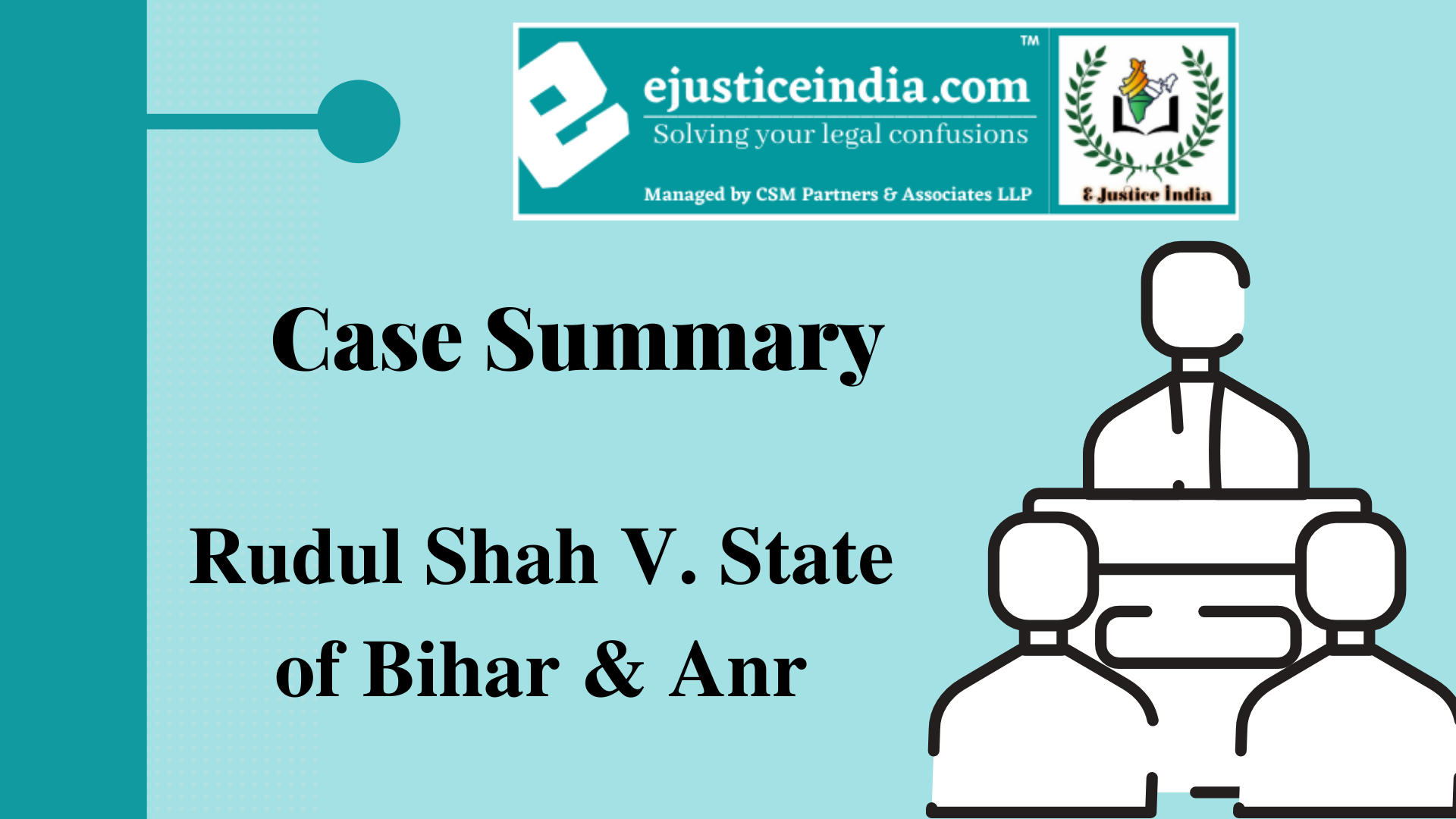D.C. Wadhwa vs State of Bihar
Case Name : D.C. Wadhwa vs State of Bihar
Author : Ishita Arora
Citation
AIR 1987 SC 579
Bench
Chief Justice V.N. Khare, Justice S.B. Sinha andJustice AR. Lakshmanan
Introduction
Article – 123 and 213 of the Constitution deals with ordinance making power. Article 123 states that the President can promulgate an ordinance only when both the houses of parliament are not in session and when emergency circumstances exist.
Such ordinance has the same force and legal effect as that of an Act of the Parliament. Article 213 states that the governor of a state can promulgate an ordinance only when the legislative assembly of the state is not in session or where there are two houses in the legislature, when both the houses are not in session and when extraordinary and emergency circumstances exist.
Such ordinance has the same effect as that of an Act of the state legislature. The Ordinance has to be laid before the houses and it ceases to operate after the expiry of six weeks from the reassembly of the houses.
The exceptional and extra ordinary power of promulgating ordinance shall not be used as a substitute for law making power of the Parliament or State legislature.
Facts of the case
The facts of the case state that petitioner was an economics professor who was conducting his research on land tenures in the State of Bihar. He brought to the notice of the Court that between 1967 and 1980, around two fifty six ordinances were promulgated in the State of Bihar.
These ordinances were in force for long periods of time ranging from one year to fourteen years by re-promulgating them from time to time. Around sixty nine ordinances out of these, were re-promulgated a number of times with the prior permission of the President.
The Bihar State Assembly stopped working and functioning effectively. The ordinances were being re-promulgated by following the due procedure to keep them in effect and the executive took the function of law making in Bihar. The petitioner filed a writ petition under Article 32 and challenged the scope and purpose of Article 213 of the Constitution.
Issues and Fact of law
- Whether the re-promulgation of ordinances amounted to misuse of the power conferred by Article 213 of the constitution of India?
Judgement
The Supreme Court struck down this irrational exercise of ordinance making power as a “subversion of the democratic process” and “colorable exercise of power”.
Re-promulgation of an ordinance is a fraud and misuse of the Constitution and a subversion of democratic process. Ordinances are not immune to judicial review and the Court can invalidate an ordinance if it is promulgated in a colourable way.
The power to promulgate an ordinance should be used only in extraordinary emergency situations and not to meet the political needs of any individual. Executive shall not perform the function of law making assigned to the legislature.


